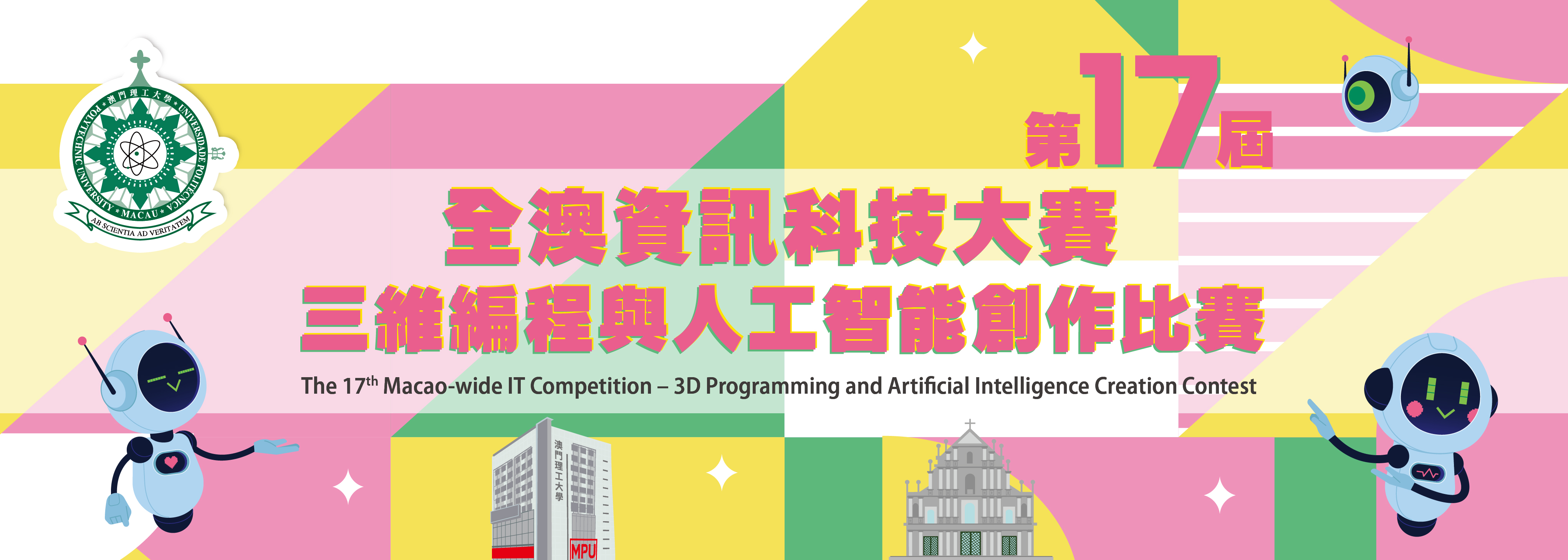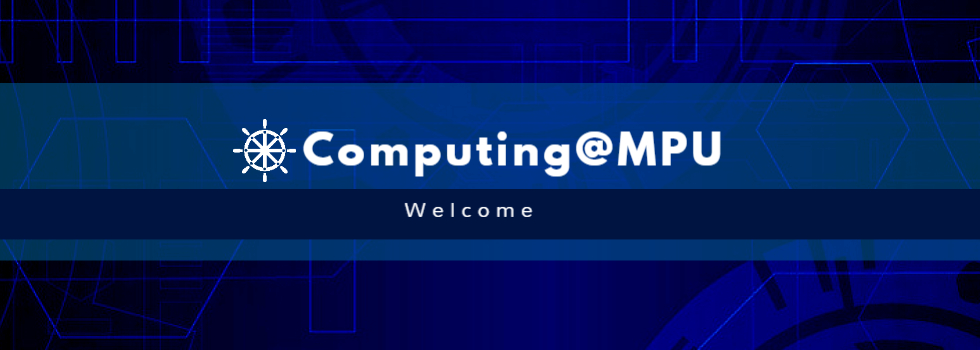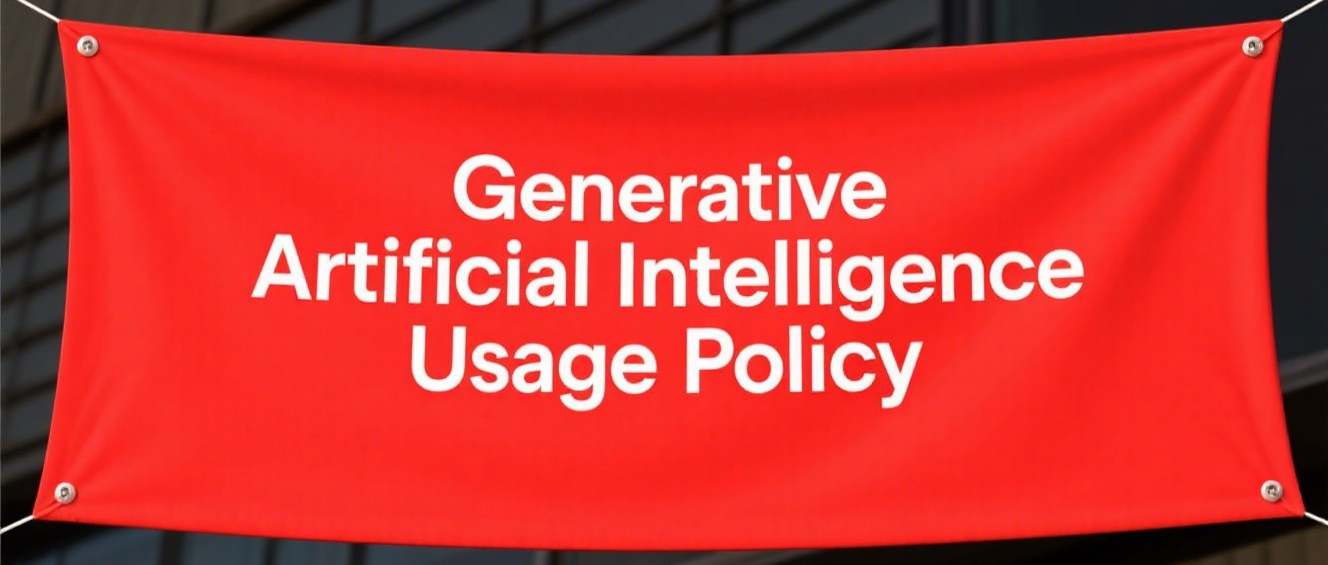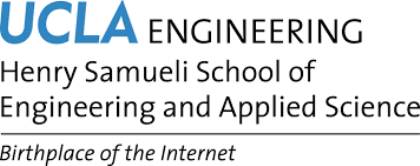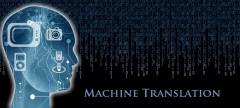The evolving field of AI has driven breakthrough changes across a wide variety of industries such as manufacturing, finance, agriculture, health care, retail, and entertainment. AI has been identified as the key technology for future digital economy in China and around the world and the job market for AI graduates will be enormous. Macao Polytechnic University has a solid foundation in AI teaching and research staff and research centres (Engineering Research Centre of Applied Technology on Machine Translation and Artificial Intelligence, Ministry of Education, Centre in Artificial Intelligence Driven Drug Discovery etc.) and will adopt the existing academic-accredited student support system and the time-tested quality assurance processes of the University. Students are able to explore areas they wish to focus (including Image and video processing; Natural Language and Speech Recognition; Big Data Analysis; AI driven drug discovery). This helps students to enhance their knowledge of modern technologies and recent advancements in artificial intelligence, determine the topic for their research project and area of interest for subsequent professional development including AI system design and development in Internet enterprises, AI-powered industries and government agencies as well as further studies in relevant Master and PhD programmes.
Upon completion of the Bachelor of Science in Artificial Intelligence Programme, students should be able to pursue further study and achieve the following (1-10):
1. Select and apply proven methods, tools and techniques to the effective and efficient implementation of information systems on common platforms, including the Internet platform;
2. Acquire essential knowledge in specific fields of artificial intelligence, including machine learning, computer vision and natural language processing;
3. Apply necessary mathematical techniques to model, analyse and devise solutions to complex problems;
4. Work independently to develop an understanding of, and the knowledge and skills associated with the general support and mitigation of security risks of computer systems and networks;
5. Design and implement both relational and non-relational data stores, with an emphasis on how to organise, maintain, retrieve and analyse information;
6. Distinguish the fundamental and operational issues of computer systems and artificial intelligence applications, with considerations of user, business, ethical, societal and environmental needs;
7. Evaluate, prepare and communicate effectively on technical information to both technical and non-technical audience;
8. Work as an effective member of a team in the analysis, design and development of software systems, with recognition of requirement to support equality, diversity and inclusion;
9. Use project planning, risk management and quality management techniques in solutions to complex problems;
10. Build the capacity and desire for lifelong learning and to learn advanced and emerging technologies on one's own.

